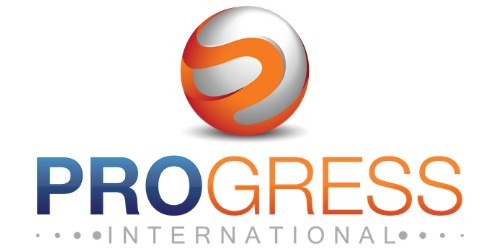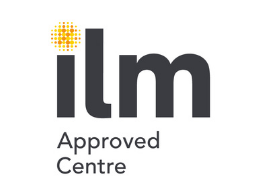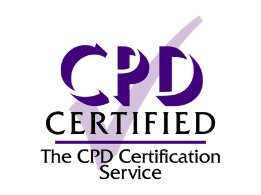Prioritising Talent Management
 Over half of CEO’s are prioritising Talent Management and increasing budgets for this critical activity, according to the CIPD. The CIPD Resourcing and talent planning survey 2017 indicates that organisation anticipate greater focus on development in-house talent and an increase in retaining rather than recruiting talent.
Over half of CEO’s are prioritising Talent Management and increasing budgets for this critical activity, according to the CIPD. The CIPD Resourcing and talent planning survey 2017 indicates that organisation anticipate greater focus on development in-house talent and an increase in retaining rather than recruiting talent.
Quality conversations and open communications with their manager leads to a significant contributor to job fulfilment and high engagement reports 71% of a recent study taken from the book ‘Exceptional Talent’ (Dinnen & Alder). This, along with the opportunity for growth and development at work is now a major differentiator from the many workplaces talented individuals can choose to work. They state that people are looking for both personal and professional development, in particular the opportunity to stretch and develop their skills by taking on new challenges.
So, if like over 50% of the CEO’s above and many of our clients you’re embarking upon developing your own talent from within here’s seven top tips to keep in mind:
Create a strong links
Strong links to the organisation, it’s current and future strategy as well as its culture and values is critical. This is a powerful opportunity to help develop the future leaders of the organisation, so demonstrating strong links, whilst also stretching people to look and learn from outside their organisation can be a fine balance, but one worth doing.
Many of the development methods used can be designed to demonstrate strong links to the organisation and the direction of travel. Using ‘real life’ business challenges (at a broad organisational level) consistently proves to yield high impact learning opportunities.
Buy-in & Involvement
- Senior stakeholders – Involve early to co-create, ensuring a programme is linked to business strategy. Enlist their support throughout the duration of the programme. Create opportunities for senior level interaction with participants.
- Line Managers – arguably the most crucial people when developing Talent. Pay attention to what they need to be able to support their people throughout a programme. Engage them in the process and help them to support along the way.
Selection
- Fair and consistent – make sure the methods of identifying and engaging your talent is fair, consistent and understood by all. Communication at this stage is vital to ensure expectations are managed. Think about what happens to those that don’t quite make it onto a programme?
- Involving people from across the organisation in identifying talent opens up the opportunity for some great conversations about what you (in your organisation) class as ‘talent’.
Learning Opportunities
- Variety is key. Create a vibrant and interesting multi-faceted programme that enables people to learn from a broad mix of methods: Experiential, projects, working with others, experiencing other parts of the organisation, reflection, workshops, reading, feedback conversations, 360 Feedback, psychometric profiles, increased responsibilities, coaching, mentoring…. the list goes on.
Flexibility
- A typical programme lasts approx 12+ months. Imagine the amount an organisation (and the wider world) changes in that time, it would be inappropriate to start with a full plan and rigidly stick to it come what may. Instead, start with a broad outline of where the programme is taking people with the first few steps mapped out and be open to and responsive to changes that will improve the development journey along the way.
- With the broad range of development methods listed above, you’ll have the agility to respond to learning needs quickly, ensuring greater impact and relevance.
Support & Challenge
- Remember talented people like to be stretched (different for everyone for sure), so use the variety of methods to help find those points for everyone. E.G. in a recent programme we combined our 360 Feedback tool (Hyperlink this if appropriate) with external coaching and internal mentoring to really personalise each participants learning journey. Finding each person’s stretch points whilst having the support around them to build confidence and help them learn.
Create cohesive relationships
- Support your participants to build stronger bonds and professional relationships between each other. Often programmes bring together a disparate bunch of individually talented people from across an organisation who have little knowledge of each other or the other parts of the organisation they work in. Talent development programme present a fabulous opportunity to share lots of ideas, business & organisational knowledge as well as developing a stronger and wider network for the future.
Inspired? Click here to see an example of a Talent Development programme we developed in partnership with one of our major clients and some of the tangible results that produced for them.
Or simply contact us to discuss how we can help support your organisation and people to thrive.







